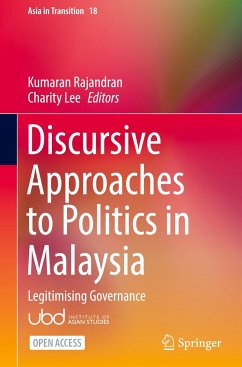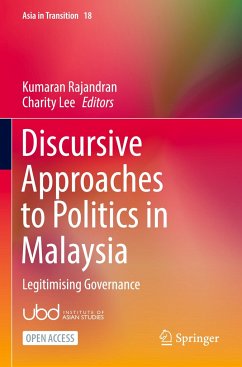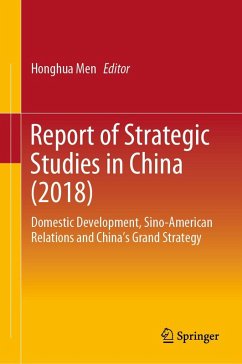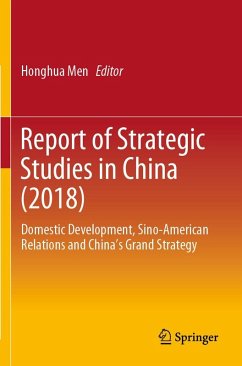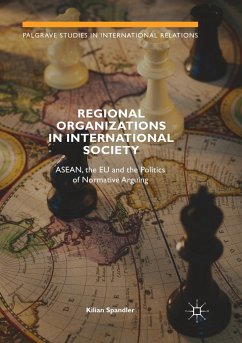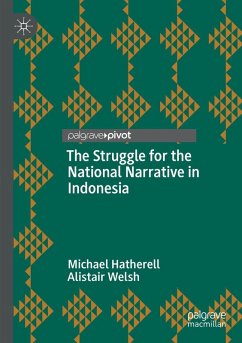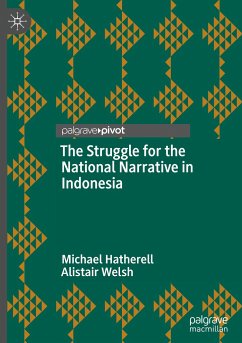Imtiaz A. Hussain founded the Global Studies & Governance Department (GSG) at Independent University, Bangladesh (IUB, 2016), after serving in Philadelphia University and Universidad Iberoamericana (1990-2014). He has published over 20 academic books, journal articles and newspaper pieces that cover many regions (Afghanistan, the Atlantic area, Latin and North America, and South Asia), touching on diverse topics (the environment, politics, refugees, security, trade). He received his Ph.D. in Political Science from the University of Pennsylvania (1989), and serves as Executive Director of IUB's Center for Pedagogy. Jessica Tartila Suma is a Senior Lecturer at the Global Studies & Governance Department (GSG) at Independent University, Bangladesh. She is also a doctoral student in the College of Architecture, Planning, and Public Affairs (CAPPA) at the University of Texas, Arlington, and holds a Master's in Political Science (Rutgers University). She completed both her Master's in Development Studies (2013) and BSS (Honors) in Media and Communication (2008) at IUB, and has a keen interest in foreign policy, humanitarian assistance, refugee education, as well as political, communication, and democratic transitions.







